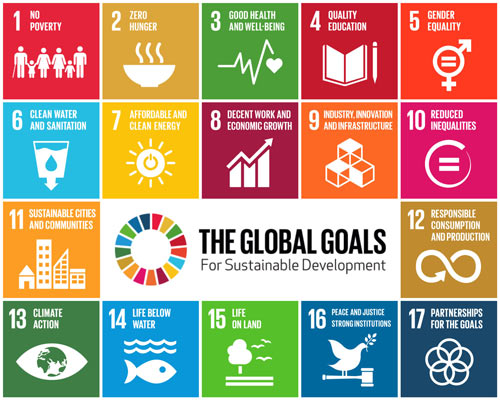When the subject of our environment, animal welfare, dietary choices and nutrition come up, our conversation is ultimately revolving around the idea of true sustainability and how to best attain it, so what is the best solution?
Should We Eat Less Meat?
Many people contend that eating less meat & poultry would be an ideal way to endorse true sustainability. One of the main arguments for this is that methane produced by an exponentially increasing number of cattle around the world is contributing an enormous amount of reflective greenhouse gasses into the atmostphere, resulting in temperature rise that could have disastrous effects on a global scale.

As developing nations become more established, this effect is compounded when those cultures adopt a lifestyle more in line with those of first world nations where meat is readily available at markets, in restaurants and even online. The planet’s overall consumption of meat is increasing at an alarming rate, and curbing that appetite for meat could certainly be one way of attacking the sustainability problem.
While some farmers do practice sustainable methods of animal husbandry, they represent such a minute fraction of the otherwise grossly efficient machine that is today raising and slaughtering, quite inhumanely, an unimagnable amount of meat and poultry for an ever-increasing demand world-wide.
Eating More Vegetables
Another take on the problem suggests that we eat more vegetables to offset the intake of meat in our weekly diet, returning somewhat to the way we used to eat decades ago when meat was more scarce, or even considered a luxury at the dinner table.

Focusing production on meeting the ever-increasing demand of a growing global population by replacing meat with fresh produce could however have an equally troubling impact on the environment. Sourcing larger quantities of specific staple crops year after year is routinely achieved through a process known as mono-cropping which can lead to soil depletion and deforestation to keep up with production by cultivating additional land to compensate.
What About Fish?
Fish, packed with omega-3 and healthy oils, might seem like an obvious alternative for helping solve the sustainability problem, except for the fact that a vast majoity of the edible species of fish are actually carnivores, feeding on smaller fish in order to grow. Farming fish as you may suspect then becomes a careful balance of harvesting small fish like smelts, sardines and others in order to produce sufficient quantities of salmon, tuna, cod to feed our growing population.
I Know, Fake Meat Will Save Us!
Replacing meat with an alternative product, sourced entirely from non-animal ingredients, may seem like an altruistic approach to solving the problem of sustainability, however these products are known to be very highly processed. Despite the the obvious advantage of not killing animals, feeding millions upon millions of people around the globe with fake meat is not even remotely realistic given the amount of work involved to create these far-from-natural creations, that despite their attempt to approximate being like something else, are not all they are cracked up to be, taste-wise, and especially health-wise.
What Is The Solution
Given the delicate and complex interactions of all our various ecosystems, there likely is no one singular solution. World-wide demand for any food product, animal or vegetable, has been the most significant catalyst of all contributing to our current dilemma of over-production on a global scale.
Moderation on an international level, reinforced by some kind of U.N. initiative to curb over-production globally, will most likely be the only way to realize large-scale change. Re-instating ecosystems will take decades, even centuries to accomplish, but being aware of the larger picture and engaging in meaningful discussions, will only help that process take root as we begin the inevitable, and critical journey to fixing what is broken.

Eating less meat is definitely a good idea, and speaking loudly with our cash by deciding to buy meat exclusively from sustainable family-based farms is an excellent way to initiate positive change. The same would apply to fish or any seafood, acknowledging that what ever we take away from the ocean needs to have time to naturally replenish itself. Choosing vegetables that were grown locally rather than being flown in at great environmental expense is also another superb way to promote sustainability, indulging a little less each week in produce that we would never have had access to otherwise depending on the time of year, and once more speaking volumes with the power of our wallet.
As for putting a positive emphasis on fake meat, I believe there is a place for such foods in our ecology, but this is the domain of altered foods and biological development, which may yet yield a sustainable result. However I feel that there are much broader strokes to be made in order to truly take meaningful steps, on a global scale, in order to become a culture of nations that mutually endorse sustainability.
About me: My name is Paul Thibault, an impulsive home chef developing delicious gluten free recipes for family and friends regardless of their allergen restrictions or dietary limitations, visit the About Page to learn more.
